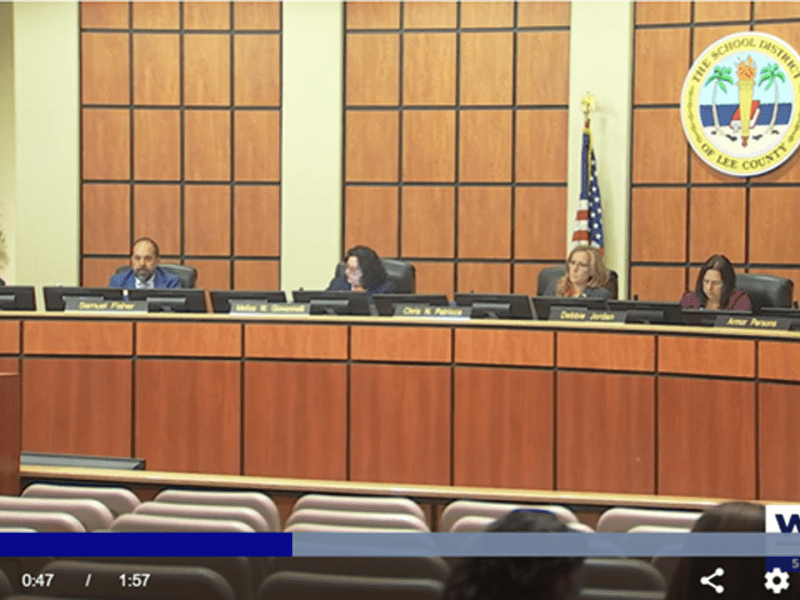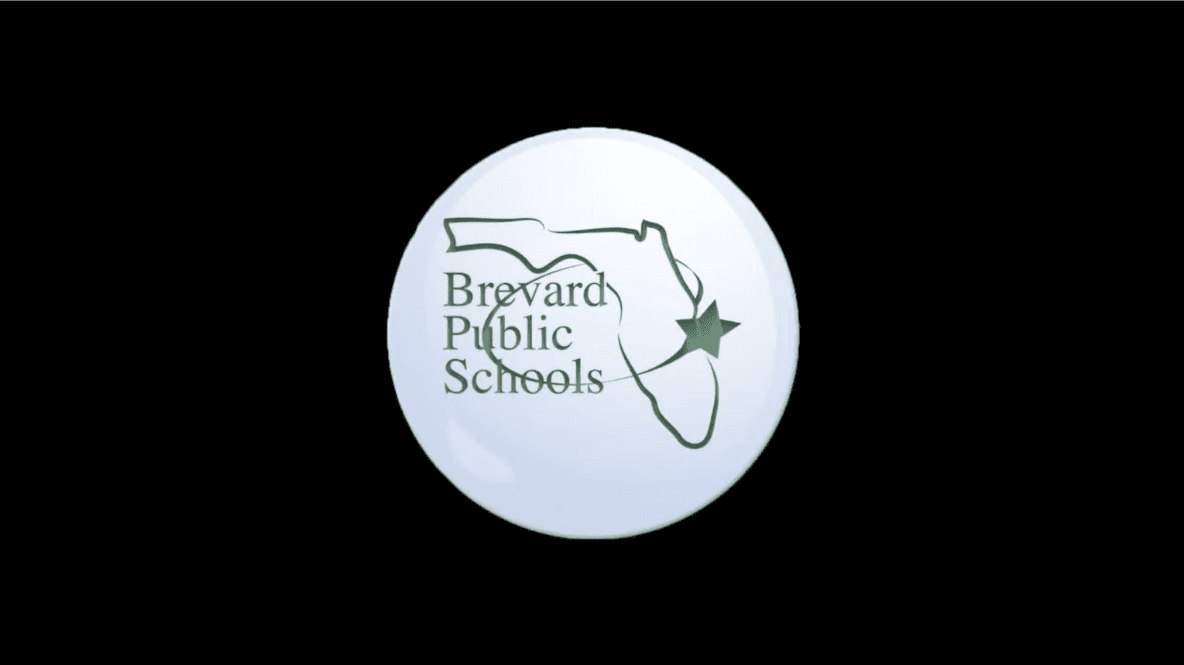
Legal expert: Brevard School Board member recall plan violates state law and Constitution
Florida Today | By Ralph Capoco | March 30, 2022
Amending Brevard County’s charter to allow for the recall of school board members may not be as straightforward as supporters would like to believe.
Charter Commission General Counsel Paul Gougelman concluded the recall provision submitted by Brevard Public Defender Blaise Trettis is inconsistent with Florida Law and the state constitution, stating that: “According to a 1971 opinion of the attorney general, it may not be constitutional to provide in a county charter for the recall of a school board member.”
His opinion, offered in a memo sent to committee members as part of the March 22 Charter Review committee meeting, presents the first, and perhaps most damaging, legal hurdle, for those who want it included as part of the Brevard County charter to date.
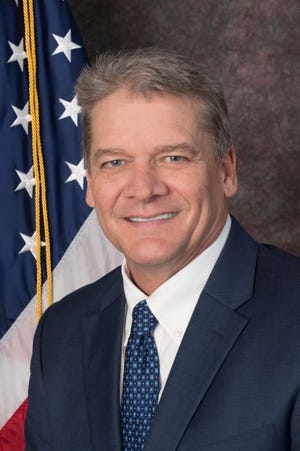
Thus far, recall elections only apply to locally elected municipal officials such as mayors, those serving on city councils and county commissioners — and may only be justified in specific situations related to malfeasance, misfeasance, neglect, drunkenness, incompetence, an inability to discharge duties, a felony conviction and for moral reasons.
Trettis modeled his plan on already existing state statute but seeks to modify it in two significant ways: expanding potential recall elections to school board members and allowing them to be removed for policy positions they take on issues.
The proposal originated from a decision that Brevard Public School leaders made mandating that students wear masks to stem the spread of the coronavirus pandemic as students, especially children, returned to the classroom.
In some sense, this debate is happening throughout the country as polarization deepens from a gulf to a chasm.
That touched off a recall campaign from some in the public, angry that they believed the policy violated the governor’s order.
Trettis first made his proposal at last month’s committee meeting on advice from members of the public — and garnered strong opinions from critics almost immediately.
“When we have school board members making such important decisions about the health and wellbeing of our children, four years is too long to wait and make that change,” Trettis said.
Since then, both supporters and opponents have rallied people to their respective causes, not only at Brevard Public School meetings, but also at the charter review committee.
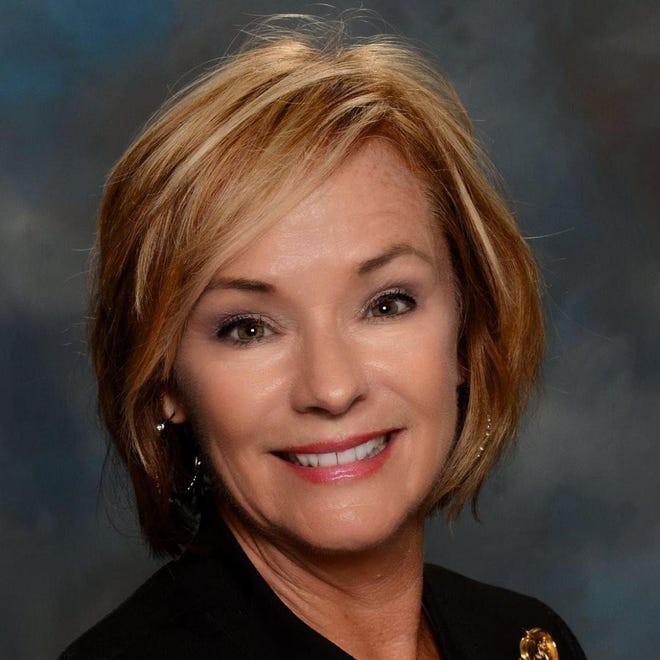
“It is a dangerous game of retaliation politics that our state seems to be reveling in right now – all because of a loud minority of voters, and in this case, a group’s founder who cannot accept her loss,” said Pam Castellana, head of the Democratic Party in Brevard, back in February.
Committee members then requested answers to questions they had regarding Trettis’ plan, which became the basis for Gougelman’s memo.
After reviewing the matter, Gougelman concluded that introducing a possible recall of school board members violates both the Florida Constitution and Statute Section 100.361. His reasoning, which he admits is complicated, deals with local ordinances and charters that adopt a policy stance on an issue counter to the one the legislature has already decided — a concept called preemption.
What happens when a county charter or local ordinance is potentially inconsistent with state law? In some instances, the state has made its so expressly clear what it intends in certain areas by the laws and regulations it has passed that any attempt to run counter to those intentions is not allowed. This is otherwise known as express preemption.
In other instances, the state’s intention is not explicitly stated in statute or regulation but can be interpreted. This is called implied preemption. Courts have ruled that “the scope of the ‘implied preemption’ should be limited to the specific area where the Legislature has expressed their will to be the sole regulator,” according to Gougelman’s memo.
“Arguably, a conservative reading of the state law on recall suggests that the Legislature intended to preempt the issue of recall in municipalities and charter counties,” he wrote. “Consequently, a county is not permitted to legislate in the area of the area of recall, which would include the recall of school board members.”
He bases his interpretation on the statute governing recall elections, which explicitly states “municipal recall” in the language. That was enough to convince Gougelman that the statute only referred to county and city officials — meaning that allowing for the recall of school board members in the county charter is a matter preempted by the state, and inconsistent with state law.
Gougelman also based his conclusion on a different section within the same statute — the intent.
“It is the intent of the Legislature that the recall procedures provided in this act shall be uniform statewide,” Gougelman’s memo quotes. “Therefore, all municipal charter and special law provisions which are contrary to the provisions of this act are hereby repealed to the extent of this conflict.”
Not surprisingly, Trettis disagreed with Gougelman’s interpretation.
“I wanted to point out that what is not included in the memo is that there are two counties that specifically provide in their charter for the recall of school board members,” Trettis said.
One is the city of Jacksonville, which is in Duval County, and the other is Sarasota County.
Gougelman throughout admits the statute is subject to interpretation, and he is but one person trying to glean the meaning of the rule, its intent, and how it can be applied to Trettis’ proposal.
It is in that ambiguity that became the focus of some of the committee members.
“What a surprise that two attorneys have come up with a different conclusion here,” said committee member Bob White facetiously. “With regards to whether or not one opinion is right or one opinion is wrong, seems to me that is one of the reasons that we are here.”
That did little to assuage the rhetoric of those who attended the meeting, all vigorously arguing for their respective points of view.
Originally, the recall proposal was about the Brevard County School Board’s adoption of mask mandate for students and staff, but has now morphed into grievances related to a nationally raging culture war over wider education policies. A recent example is over books that some deem inappropriate for children.
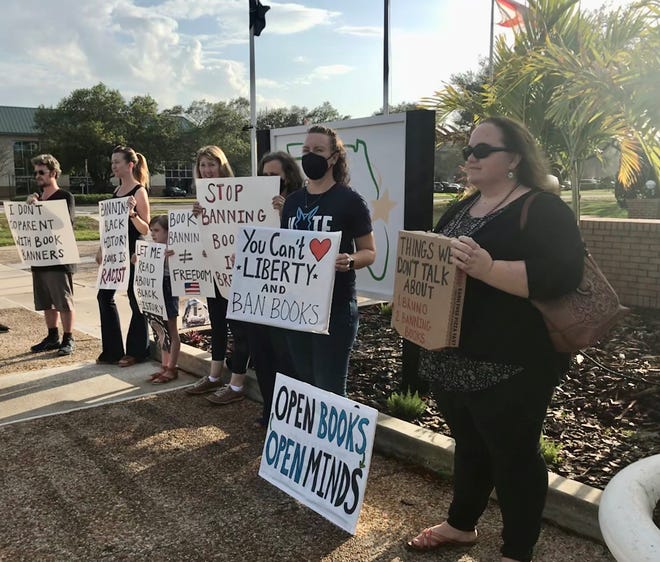
“They are currently distributing sexually explicit content to our children of ages 11 and up,” said Katie Delaney. “Two of the five school board members don’t see an issue with rape, pedophilia, explicit sexual acts being described to our children in Brevard. They should all be removed immediately and held accountable for endangering our children.”
It also touched on transgender issues.
“The other reason is matters such as the transgender policy the public school system here at Brevard County, which allows kindergarten through 12th grade to use the same bathrooms, locker rooms and showers with children of the opposite sex,” Trettis said.
The most combative exchange he had was with Castellana, who claimed he misrepresented the mask mandate policy that school board members approved, which justified his recall proposal.
“The mask policy that was approved by the school board last year was never indefinite,” she said.
The recall proposal will continue to appear at future meetings before it will be voted on by members of the committee.




